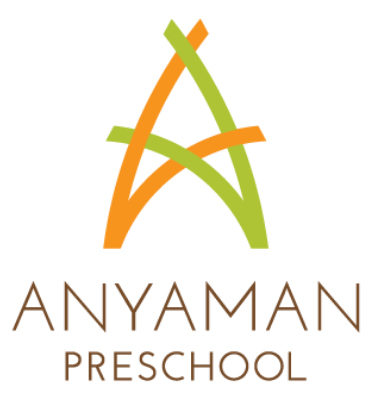This book by Mem Fox tells the story of an unlikely friendship between a young child called Wilfrid Gordon McDonald Partridge and Ms Nancy Alison Delacourt Cooper, an elderly lady who lives in the retirement home next to his house.
One day, Wilfrid overhears his parents having a conversation about his friend, who has lost her memory. “Poor old thing,” Wilfrid’s parents say dismissively of her condition. They seem resigned to the fact that to age is to inevitably lose one’s dignity and purpose - “After all, she is ninety-six.” Wilfrid is curious about the meaning of the word memory. “It’s something you remember,” is the answer that is offered. Dissatisfied with his father’s cursory explanation, Wilfrid heads next door to find out more.
Through Wilfrid’s eyes, we are introduced to the residents in the home as strong and unique individuals, a stark contrast to the nameless, faceless “ageing population” most referred to in modern society as a problem for policy makers to solve. He knows each of their names and their idiosyncrasies. (His parents, by contrast, are the only characters in the book whose names we do not learn.) He approaches each of them in turn, asking “What is a memory?”
His parents’ definition is impersonal, viewing memory as a tool we rely on to get the daily things of life done, without which we are rendered “useless”. Each of Wilfrid’s elderly friends, however provide nuance and depth to this clinical approach. Their definitions are quirky and unscientific, and include: something that makes you laugh/cry, something warm, something as precious as gold, and something from long ago. In contrast to the earlier definition, this viewpoint defines memory as a way to access deep and often temporarily forgotten life experiences that take us far back in time and hold the keys to our story as human beings.
Armed with this information, Wilfrid heads off to “look for memories for Ms Nancy, because she had lost her own.” He gathers a collection of items that match his friends’ descriptions which include a hen’s egg (something warm) and a football (something as precious as gold). This seems silly and of course, overly literal, a common reason that children’s words and actions are often dismissed as insignificant. But Wilfrid is wise enough not to consult anyone on his quest, and so there is no adult here to tell him that what he is doing will not cure Ms Nancy’s dementia. He takes the basket to Ms Nancy, who looks at him, puzzled, wondering why a little boy has brought her a basket of interesting objects. All our adult pessimism is validated, and then we are greeted by the words “And then, she started to remember.” Each object triggers a memory for Ms Nancy, taking her back to childhood and eventually helping her to recognise Wilfrid Gordon and the history of their friendship.
Wilfrid Gordon takes us by the hand and helps us to fearlessly navigate the vast gaps left by modern medicine’s approach to ageing. His childish ignorance of the effects of dementia lead him to a “treatment” that gracefully acknowledges the limitations of science, and is rooted instead in human connection. The solution is temporary, but it is one that places power in the hands of a very young child, honours the dignity of a very old woman and challenges us to reimagine the kind of end of life care that we want to offer our vulnerable but valuable aged citizens.

